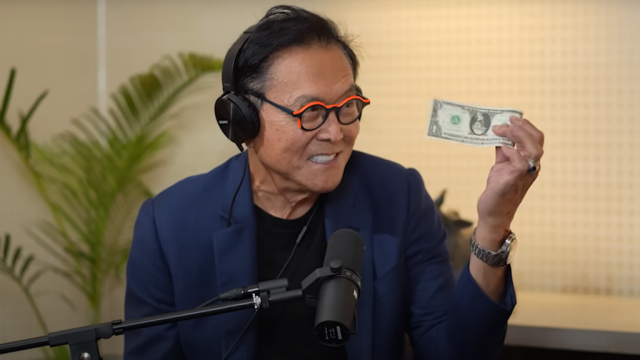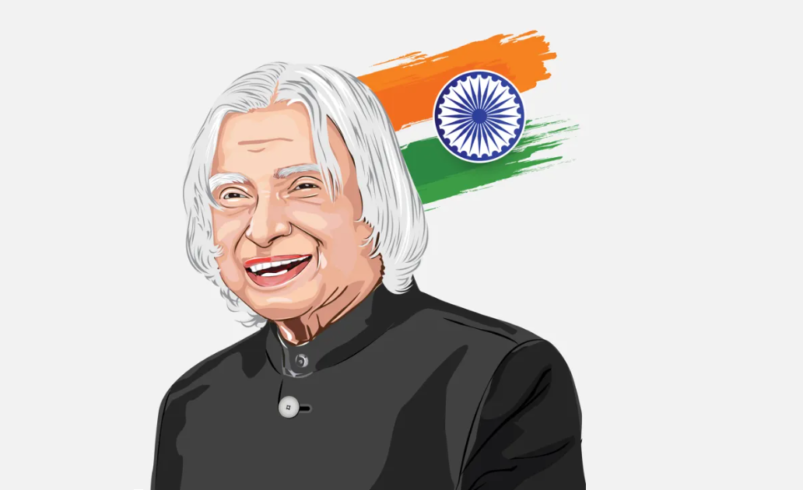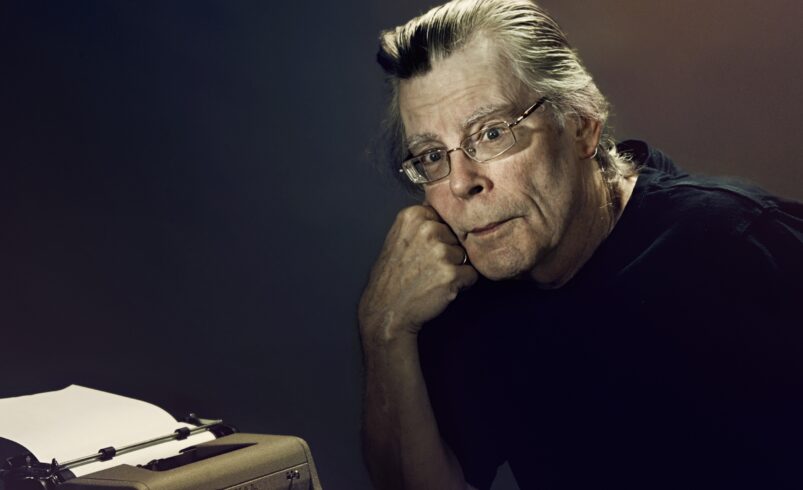
Robert Kiyosaki is an American entrepreneur, writer, and investor who rose to fame with his book “Rich Dad Poor Dad.” The book contrasted the financial philosophies of his own father and the father of his childhood friend, with one advocating for financial education, business ownership, and investing in income-generating assets. Kiyosaki’s central message challenges the traditional path of relying on employment income alone. Instead, he encourages readers to develop multiple passive income streams through entrepreneurial endeavors and strategic investments, particularly in real estate. With over 40 million copies sold globally, “Rich Dad Poor Dad” has resonated with audiences worldwide, positioning Kiyosaki as an influential voice in personal finance. His unconventional yet pragmatic approach to building wealth has inspired many to reevaluate their relationship with money and adopt more proactive wealth-building strategies.
Kiyosaki’s expertise and insights stem from his multifaceted career as a businessman, investor, and educator. His ability to distill complex financial concepts into accessible and practical strategies resonates with individuals from all walks of life. In his book recommendations, Robert Kiyosaki reflects his firm belief in the importance of financial literacy, entrepreneurship, and asset-building as keys to achieving financial freedom and generating passive income. His books challenge the traditional paradigm of relying solely on employment income, urging readers to develop multiple streams of revenue through business ownership and strategic investments, particularly in real estate and other assets that appreciate in value. One should read Kiyosaki’s books because they offer practical, unconventional insights and strategies for creating wealth and breaking free from the cycle of trading time for money. His teachings aim to empower individuals to take control of their financial futures by cultivating an entrepreneurial mindset, increasing their financial IQ, and building a portfolio of income-generating assets that can ultimately lead to financial independence and a more secure retirement.
Contents [show]
- 1 1) “Makers and Takers” by Rana Foroohar:
- 2 2) “The Only Game In Town” by Mohamed A. El-Erian:
- 3 3) “The Millionaire Next Door” by Thomas J. Stanley and William D. Danko:
- 4 The Millionaire Next Door
- 5 4) “Capitalism, Socialism and Democracy” by Joseph Schumpeter:
- 6 5) “Turning Pro” by Steven Pressfield:
1) “Makers and Takers” by Rana Foroohar:
“Makers and Takers” by Rana Foroohar is a critical examination of the increasing economic divide between the financialized “taker” class and the productive “maker” class in the United States. Foroohar argues that the outsized influence of finance, coupled with policies favoring short-term profits over long-term investment, has undermined the real economy and exacerbated income inequality. Robert Kiyosaki recommends this book as it aligns with his advocacy for generating wealth through productive assets and businesses rather than relying on financial speculation or debt. It reinforces his stance against the “rat race” mentality and highlights the importance of building tangible value through entrepreneurship and asset creation.
2) “The Only Game In Town” by Mohamed A. El-Erian:
Mohamed A. El-Erian’s “The Only Game in Town” explores the unprecedented influence central banks have wielded in bolstering global markets following the 2008 financial crisis. El-Erian contends that excessive monetary interventions have fostered imbalances, rendering financial markets overly dependent on central bank support. This book likely resonates with Robert Kiyosaki’s skepticism toward conventional financial systems and overreliance on debt. It reinforces Kiyosaki’s emphasis on financial literacy, asset ownership, and generating sustainable value through entrepreneurship—strategies less susceptible to artificial market distortions or government meddling. By highlighting the risks of excessive central bank interference, the book underscores Kiyosaki’s advocacy for self-directed wealth-building approaches rooted in economic realities.
3) “The Millionaire Next Door” by Thomas J. Stanley and William D. Danko:
This classic personal finance book, “The Millionaire Next Door” by Thomas J. Stanley and William D. Danko, offers a refreshing perspective on wealth and affluence, challenging the conventional notion that millionaires flaunt their riches through excessive consumption. Through their research, the authors shed light on the understated habits and mindsets of truly wealthy individuals, who often live modestly and prioritize responsible financial management over ostentatious displays of wealth. Stanley and Danko break the myths about conspicuous consumption and instead offer practical strategies for building wealth through discipline, frugality, and a long-term focus on accumulating assets. Robert Kiyosaki advocates this book as it encourages individuals to create true wealth through asset ownership and intelligent money management rather than relying on high consumption and a lavish lifestyle fueled by debt or a high income alone. It reinforces Kiyosaki’s emphasis on developing a mindset of financial responsibility and delayed gratification, which are essential for achieving lasting financial freedom.


The Millionaire Next Door
The Surprising Secrets of America’s WealthyThomas J. Stanley Economics 1996
Available in: | |
4) “Capitalism, Socialism and Democracy” by Joseph Schumpeter:
Schumpeter’s seminal work “Capitalism, Socialism and Democracy” delves into the inherent contradictions and potential transformations within capitalist economic systems. The author argues that while capitalism has spurred economic progress and innovation, it simultaneously carries the potential for its own decline. Schumpeter suggests that the very success of capitalism could sow the seeds of its eventual undoing as wealthy capitalists become increasingly risk-averse and intellectuals grow disenchanted with the system’s shortcomings. This influential book resonates with Robert Kiyosaki’s perspective, as it encourages an entrepreneurial mindset, a willingness to embrace change, and the exploration of alternative wealth-building approaches beyond solely relying on traditional employment or the established financial system. Schumpeter’s analysis complements Kiyosaki’s teachings on developing an entrepreneurial outlook, welcoming new ideas, and seeking unconventional paths to financial freedom.
5) “Turning Pro” by Steven Pressfield:
In this inspirational book, “The War of Art,” Steven Pressfield explores the psychological barriers that often prevent individuals from achieving their full potential. He offers profound insights and practical strategies for overcoming resistance, the inner force that inhibits creativity and progress. Pressfield emphasizes the importance of developing a professional mindset and embracing the discipline and unwavering commitment required for long-term success in any artistic, entrepreneurial, or personal endeavor. Through his compelling perspective, he empowers readers to confront self-doubt, push past obstacles, and unlock their true creative potential.
Kiyosaki’s recommendations thrive to instill financial acumen and reflect his firm belief in the importance of financial literacy, entrepreneurship, and asset-building as keys to achieving financial freedom and generating passive income through all his book recommendations. This book varies in the range of financial depth, covering perspectives on wealth and capitalist economic systems.










